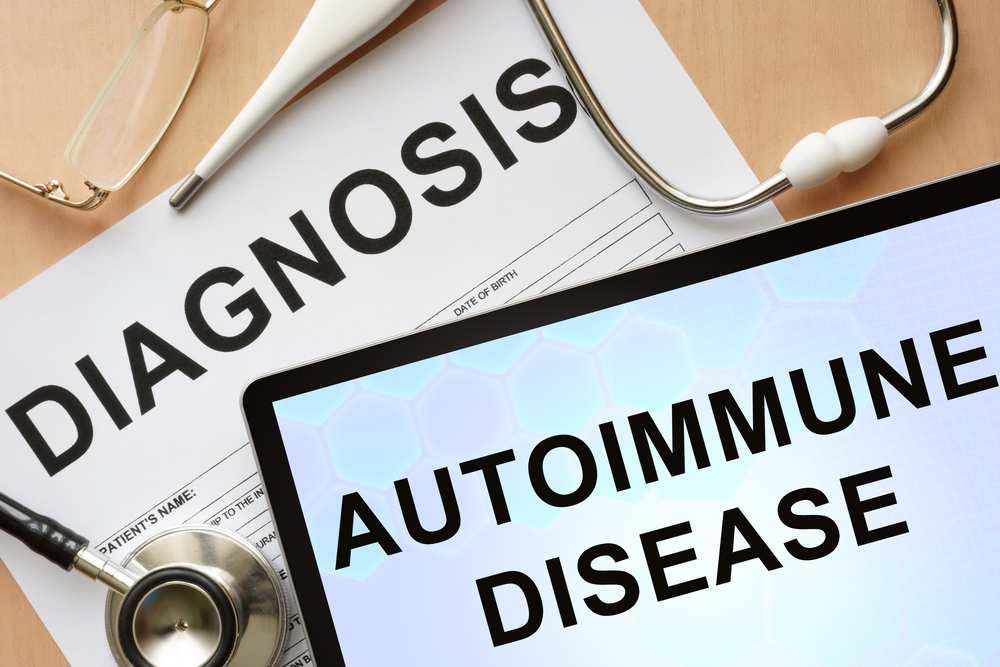Our Blog
Is IBS and Crohns The Same Illness?

Experiencing stomach issues can be no fun, and trying to pinpoint what you’re dealing with can be even harder. If you’ve been given a diagnosis of Irritable Bowel Syndrome or Crohn’s Disease, you may be gathering information on what they are and how to treat them. At first, a diagnosis may sound scary, but once you know a little bit more about what they are, you can make a good treatment plan. Working with a doctor like Dr. Mashner at the Gut Authority can help get you on a path to feeling better.
What is IBS?
IBS stands for Irritable Bowel Syndrome, and is a common digestive disorder that affects many adults and children. IBS usually affects the large intestine but doesn’t increase the risks of colon cancer or other diseases. There are three different types of irritable bowel syndrome: IBS-D, IBS-C, and a combination of both. IBS-D sufferers usually deal with diarrhea, while IBS-C patients generally deal with more constipation. Those that deal with the combination of both often rotate between experiencing diarrhea and constipation. Symptoms of Irritable bowel syndrome can include:
- Abdominal pain
- Bloating
- Constipation
- Cramping
- Diarrhea
- Gas
When you’re diagnosed with IBS, the doctors usually tell you that it’s a life-long diagnosis. Most people can help improve their symptoms by managing stress, changing their lifestyle, and following an elimination diet. Most people that have IBS are able to greatly improve their quality of life and decrease their IBS symptoms by using these above mentioned techniques. It’s important to work with a doctor that is knowledgeable about gut health and how it’s linked to digestive disorders.
What is Crohn’s Disease?
Crohn’s Disease is a form of inflammatory bowel disease. The digestive tract becomes inflamed, leading to fatigue, weight loss, abdominal pain, severe diarrhea, and even malnutrition. Nutrients from food can become absorbed less due to the inflammation, leading to weight loss and malnutrition. Symptoms of Crohn’s Disease can include:
- Abdominal pain
- Blood in the stool
- Cramping
- Diarrhea
- Fatigue
- Fever
- Mouth sores
- Reduced appetite
- Weight loss
Crohn’s Disease can be very painful as inflammation often goes deeper into the layers of the bowel. Healing the gut and calming inflammation can often be very good treatments for Crohn’s patients. Working with a practitioner that can help get to the root of what is causing inflammation in the body can be life changing.
Are IBS and Crohn’s The Same Illnesses?
Irritable bowel syndrome usually affects the large intestine, whereas Crohn’s can involve any part of the small or large intestine. With Crohn’s, the inflammation may be continuous or involve multiple segments. Some patients’ colons may be where the disease is confined to, and that makes up part of the large intestine. While there are similarities to the diseases, IBS and Crohn’s are not the same illnesses.
With any digestive issues, if you experience any of the following symptoms it’s a good idea to involve your doctor:
- Extreme abdominal pain that persists
- Blood in your stool
- Nausea and/or vomiting that isn’t related to an acute illness
- Continuing diarrhea that doesn’t respond to OTC medications
- Unexplained weight loss or nutritional deficiencies
- Unexplained fever that lasts more than a day or two
Let Us Help You With Digestive Issues
If you’ve been dealing with digestive issues, don’t suffer any longer. Dr. Mashner loves helping his patients with gut problems, helping them dig deeper to uncover any problems. He has many years of experience assisting patients in Pensacola/Pascagoula, Florida and Mobile/Gulf Shores, Alabama. Give us a call today to schedule your first appointment- you’ll be glad you did!



